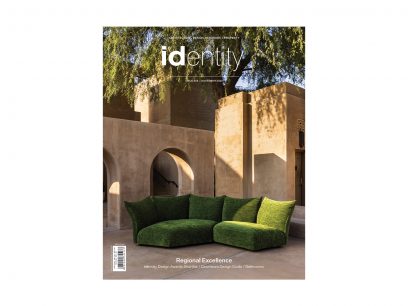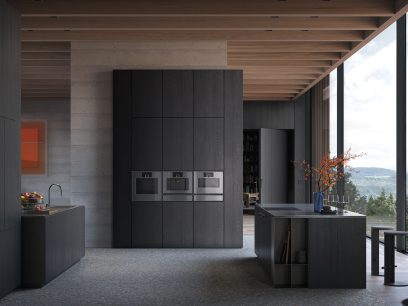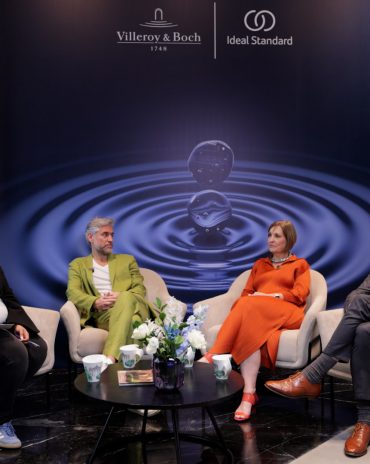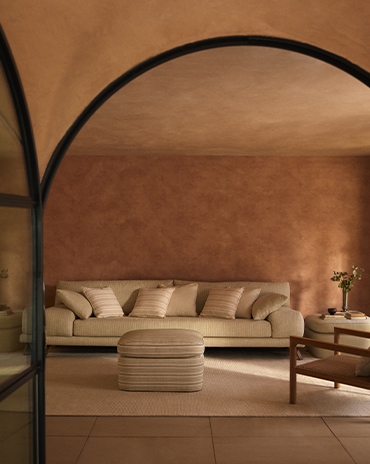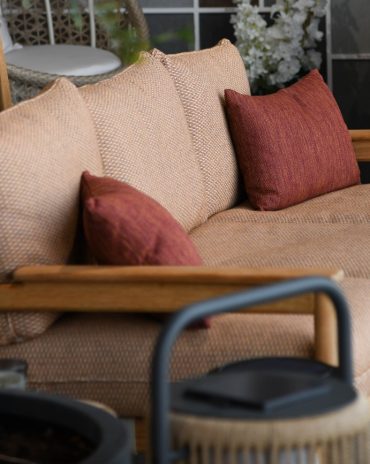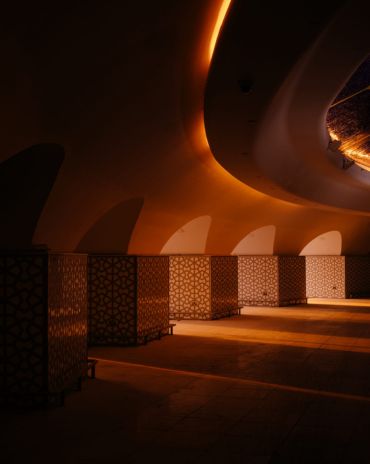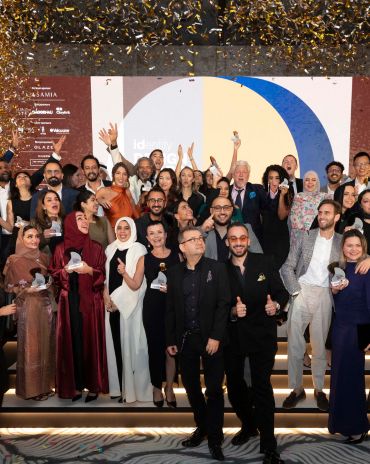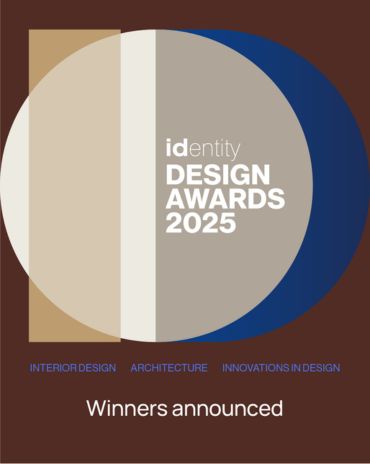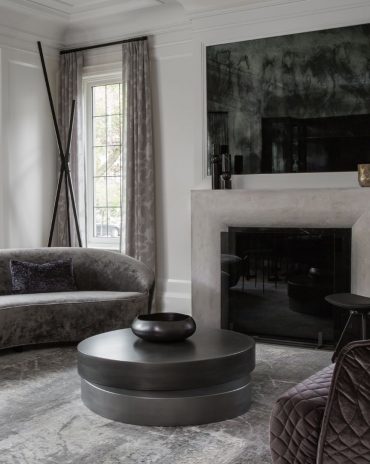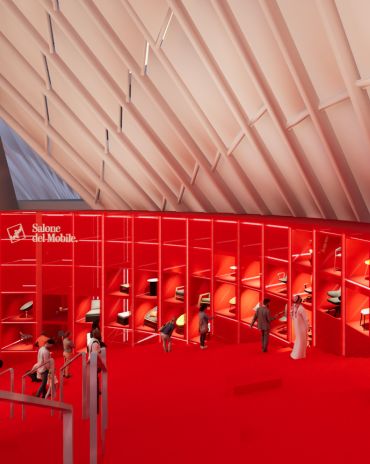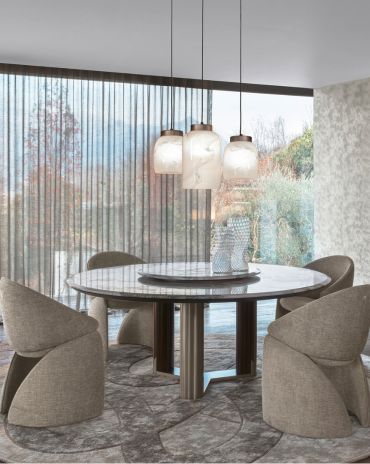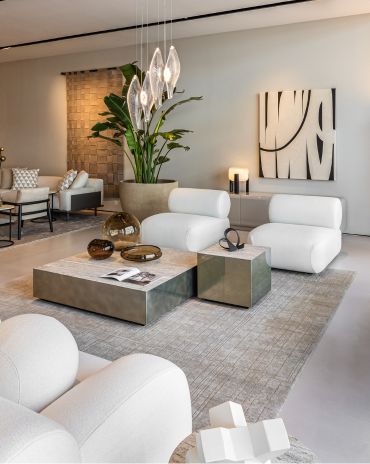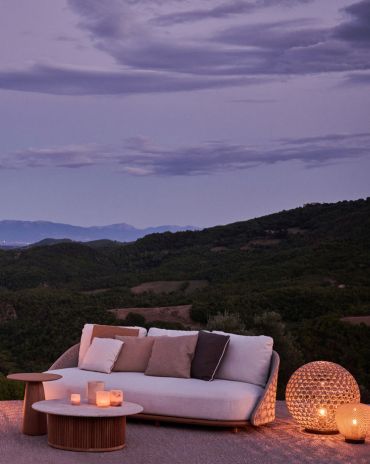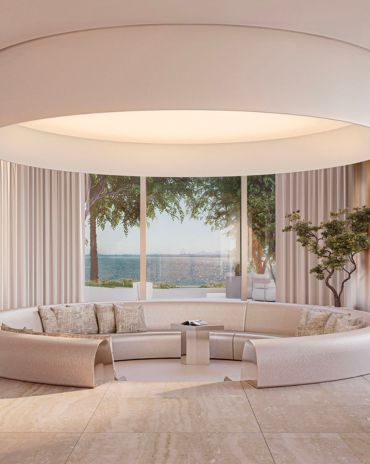Copyright © 2025 Motivate Media Group. All rights reserved.
2020 has changed the way we look at interiors, says Vanessa Northway of Heriot-Watt University Dubai
Northway discusses the importance of wellness, sustainability and digital solutions in interior design
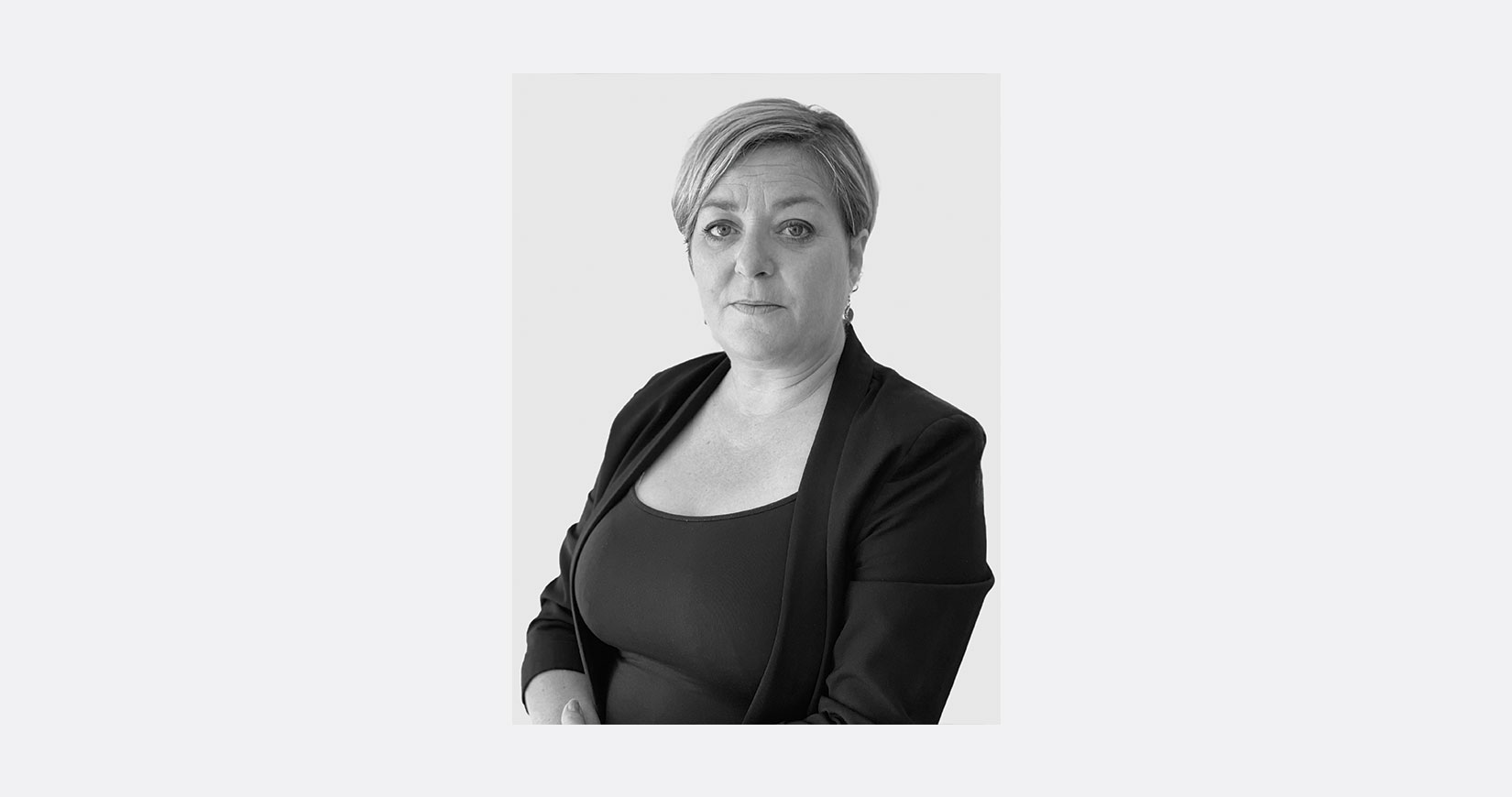
Vanessa Northway is the Associate Head of School, Associate Professor, School of Textiles & Design, and Senior Teaching Fellow at Heriot-Watt University Dubai.
id sponsorship: As the world continues to come to terms with spending most of its time indoors, interior design has gained more prominence than ever before. Although restrictions are gradually lifting, concerns stemming from a pandemic-driven 2020 could well last into the foreseeable future.
Homes were places of refuge and sanctuary; offices were places of productivity and creativity. However, 2020 has changed the way we look at our interiors, with people working from home rather than their workplaces for extended periods of time. Therefore, there are many lessons that we can learn and implement while designing spaces for homes and offices. The focus has shifted towards wellness, sustainability and the use of technology, all of which may not have been a priority when creating spaces a few years ago.
Today, wellness and sustainability are two critical pillars to focus on while designing spaces. Wellness refers to a balanced living area that addresses air and water quality, lighting, comfort and clutter-free space while also bringing out the best in you, emotionally and productively. Sustainability ensures the use of products and materials that are suitable for your living space and do not adversely affect the outside environment. Wellness and sustainability can be achieved by using the right amount of lighting for your room, decluttering, using air-purifiers or dehumidifiers, incorporating indoor plants, using products made from recycled or reclaimed materials, and using non-toxic and non-polluting products that are organic and not treated with pesticides. Organic cotton, bamboo, jute, cork and felt are some environmentally conscious alternatives to traditional materials. Bamboo, for example, is 100 per cent biodegradable, antibacterial and eco-friendly, if not chemically processed. User well-being and sustainability should not only be restricted to gyms, gardens or yoga centres, but also incorporated while designing homes and offices. Keeping customers’ well-being at the heart of each design project should be at every interior designer’s core.
The next key element will be the incorporation of innovative digital solutions in homes and office spaces. Technologically empowered fixtures such as intelligent lighting, low-flow taps, smart fridges or even solar-powered lights and doorbells can significantly contribute towards energy, water and monetary savings. In fact, LED light fixtures use at least 25 per cent less energy and last longer than traditional bulbs.
Finally, interior design professionals will need to be futuristic in their design approach to keep pace with global technological advancements. Virtual reality and 3D printing have already been introduced in architecture, and these technologies are here to stay. Understanding the fundamental requirements of working with technology to support industry demands is the need of the hour, to safeguard the future of interior designing.
At Heriot-Watt University, our interior design courses focus on equipping students with proper knowledge while also addressing current design and technology trends. By helping future interior design professionals concentrate on sustainable and technologically-driven solutions through our courses, we hope to continue contributing positively to the industry in the UAE and the region.
The Latest
Design Dialogues with Ideal Standard x Villeroy & Boch
During Dubai Design Week 2025, identity held a panel at the Ideal Standard x Villeroy & Boch showroom in City Walk, on shaping experiences for hospitality.
A Touch of Luxury
Here’s how you can bring both sophistication and style to every room
Outdoor Living, Redefined
Messara Living and Vincent Sheppard Unveil “Outdoor at Its Best 2026”
NOMAD Opens Its Doors in Abu Dhabi’s Iconic Terminal 1
A modernist landmark is reimagined as a global stage for collectible design, contemporary art, and cultural dialogue.
In photos: Winners at the identity Design Awards 2025
Presenting the winners of 2025 identity Design Awards.
Identity Design Awards 2025 – Winner’s List
Here are the winners of the identity design awards 2025
Hogg’s Hollow
Set along the bend of a quiet river and sheltered within a mature, tree-lined enclave of Toronto, this riverside residence offers a dialogue between structure and softness, restraint and warmth
Salone del Mobile.Milano Paints Riyadh Red
The “Red in Progress” installation marks a powerful first step toward the city’s full-scale 2026 edition
An interview with Fabio Masolo on the Giorgio Collection
A conversation on passion, timeless design, and bringing Italian craftsmanship to the world
European Design, Instantly Within Reach
In a city where design dreams often come with long lead times, Caspaiou brings a refreshing difference – luxury, curated and available now
Shaping Tomorrow’s Interiors
Here’s what awaits at the OBEGI Home showcase at Dubai Design Week
Maison Margiela Residences
Conceived by Carlo Colombo, these bespoke residences will be located on the Palm Jumeirah



